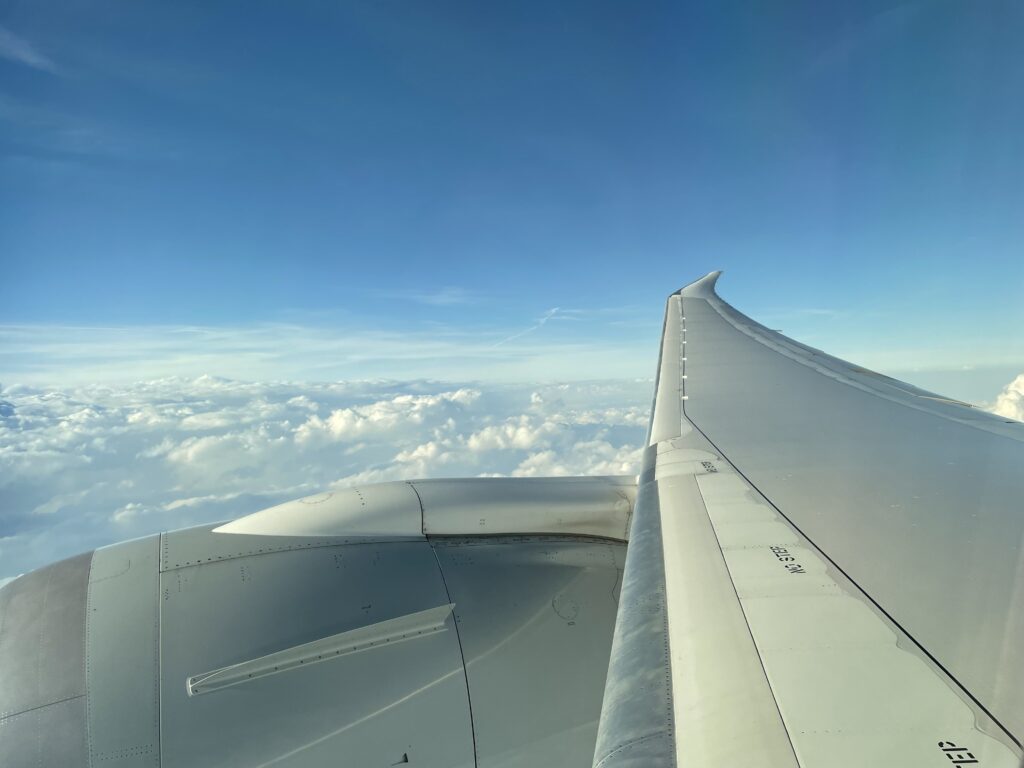
The FAA recently expanded internationally recognized aviation safety standards to all commercial aircraft operators and manufacturers. (Photo: Jessica Reed)
The U.S. Department of Transportation’s Federal Aviation Administration approved a new program to decrease aviation safety risks in a new ruling. Based on international safety standards and recommendations from independent review panels, this 2023 ruling applies to all aircraft manufacturers and operators of commercial, air tour, and charter flights. Early findings indicate that this ruling could reduce the number of aviation accidents and save lives.
This move expands upon the safety regulations established in the Aircraft Certification, Safety, and Accountability Act. This 2020 act was in response to two crashes of the popular 737 MAX aircraft in Indonesia and Ethiopia. It increased safety standards for aviation manufacturers but didn’t address aircraft operators.
When discussing the differences between these two, the FAA press release stated, “The proposed rule goes beyond the requirements of the Aircraft Certification, Safety and Accountability Act of 2020, which directed the FAA to mandate SMS only for aircraft manufacturers.”
While the 2020 act was responsive to these crashes, this new rule is a preventative measure based on international safety regulations. More specifically, it’s based on the Safety Management Systems (SMS), a standard set of safety measures recognized by the Joint Planning and Development Office (JPDO), International Civil Aviation Organization (ICAO), and Civil Aviation Authorities (CAA).
SMS provides a structured list of decision-making protocols, risk control and safety assurance processes, and a framework which promotes a safety focused culture. All protocols and policies fall under four components: safety risk management, safety policy, safety promotion, and safety assurance.
Along with implementing the SMS standards, the new rule also considers recommendations from independent review panels and the National Transportation Safety Board. There is also a public comment period over the next 60 days, during which there could be adjustments to the new ruling.
All manufacturers and commuter, air tour, and charter aircraft operators must comply with the new ruling within one to two years. The exact time frame depends on each operator’s implementation capabilities. Some major aircraft carriers, such as Boeing, Bell, GE, P&W, and Sikorsky, have already implemented many measures in this new ruling with great success.
By applying internationally-recognized and proactive safety protocols to all members of the aviation industry, the FAA hopes to reduce the number of aviation accidents. Acting FAA Administrator Billy Nolen explained, “Expanding Safety Management Systems to other players in the aviation industry will reduce accidents and incidents and save lives.”